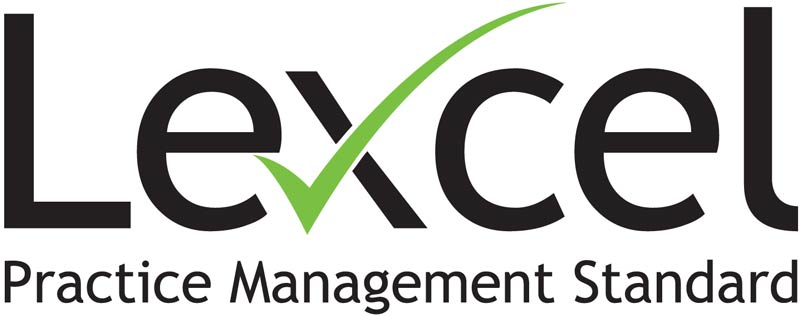Fixed Recoverable Costs (FRC) have been a feature of small claims track cases since 1999. However, as of 01 October 2023, FRC will also apply to most civil litigation claims with a value of up to £100,000 allocated to either the fast track or the newly established intermediate track. In this blog, we will explain what fixed recoverable costs are and what the new FRC regime means for claimants and defendants.
What are fixed recoverable costs?
Fixed Recoverable Costs (FRC) determine how much the winning party in civil litigation cases can claim from the losing party. These costs include solicitors’ fees, court fees, fees for obtaining medical reports, and certain other disbursements. FRC was first introduced for cases allocated to the small claims track in 1999. The aim was to simplify the process and reduce financial risk for litigants by making potential costs clear from the start of proceedings. Despite some criticism, FRC has received much praise for making small claims track cases more accessible and predictable.
What does the new fixed recoverable costs regime mean for litigants?
Despite the successful introduction of FRC for small claims track cases, the new regime has not been well received by many in the legal industry, with some questioning whether the new system will be fit for purpose. The Law Society has raised specific concerns regarding the process and data used by the government to set the fixed costs, as well as arguing that these changes could limit the cases that solicitors can take on and leave winning parties unable to recoup their costs.
However, the Ministry of Justice has said that ‘these reforms aim to promote access to justice at proportionate cost.’ Increase transparency around possible litigation costs will also help individuals determine whether it is worth pursuing a case.

What cases do fixed recoverable costs apply to now?
Fixed recoverable costs will now apply to most cases with a claim value of up to £100,000 allocated to the small claims, intermediate, or fast track. However certain case types will still be exempt from FRC, including human rights issues, judicial reviews, or complex commercial disputes requiring extensive evidence and legal expertise. The Ministry of Justice has also confirmed that these changes will not be applied to housing cases until at least 2025.
What is the intermediate track?
The intermediate track has been established under the new fixed recoverable costs regime to deal with claims worth more than £25,000 but less than £100,000, excluding some case types such as mesothelioma or abuse claims. It is split into four complexity groups – the higher the complexity, the higher the recoverable costs. Fixed recoverable costs for intermediate track cases will also vary depending on what stage the case reaches.
At Scott Bailey, our team of expert litigators has extensive experience in handling a wide range of cases, including commercial litigation. Whether you’re considering making a claim, facing a claim made against you, or seeking advice on your standing under the new FRC regime, our team will help you identify the best route forward. Contact us today to get started.







